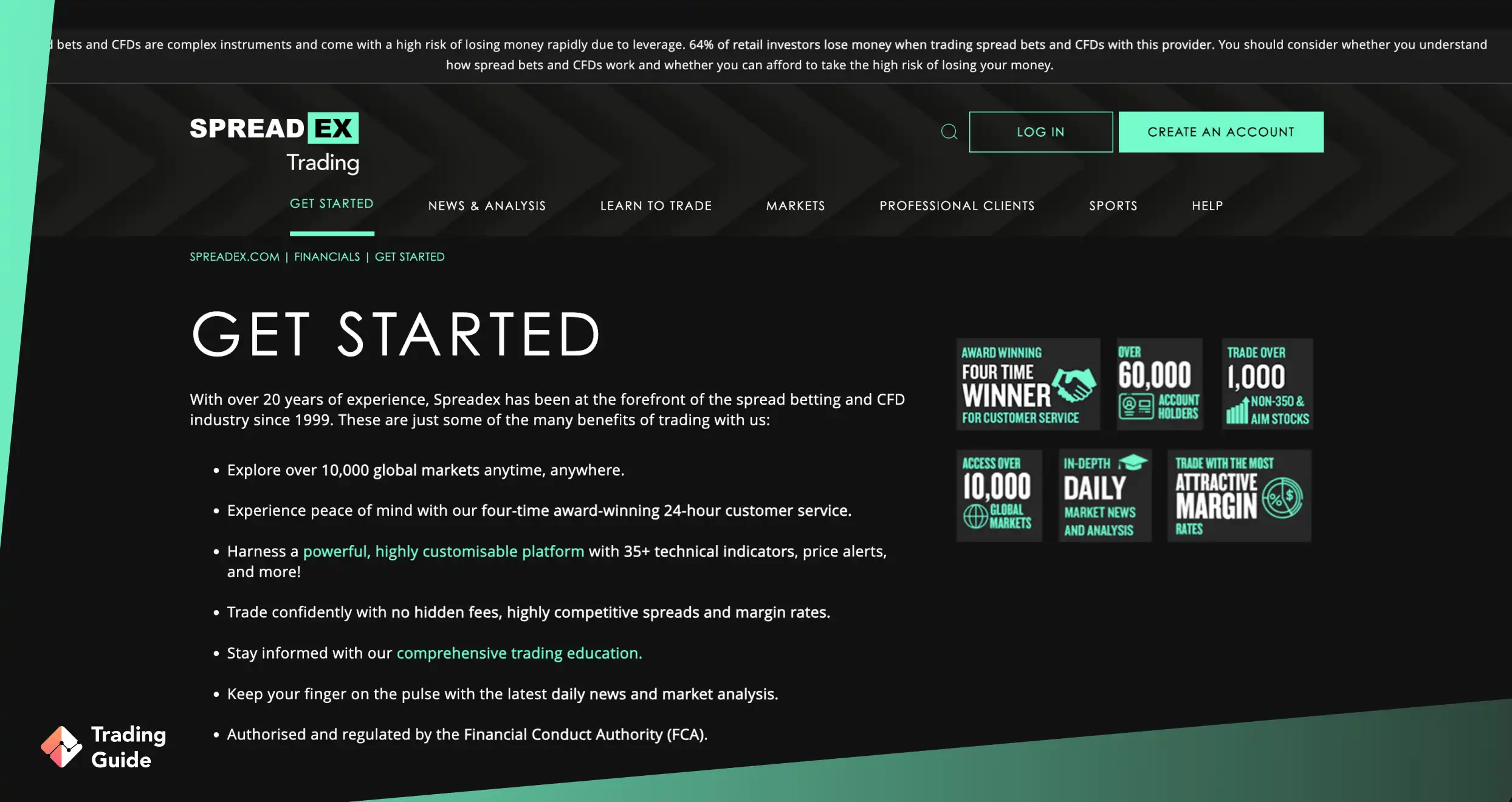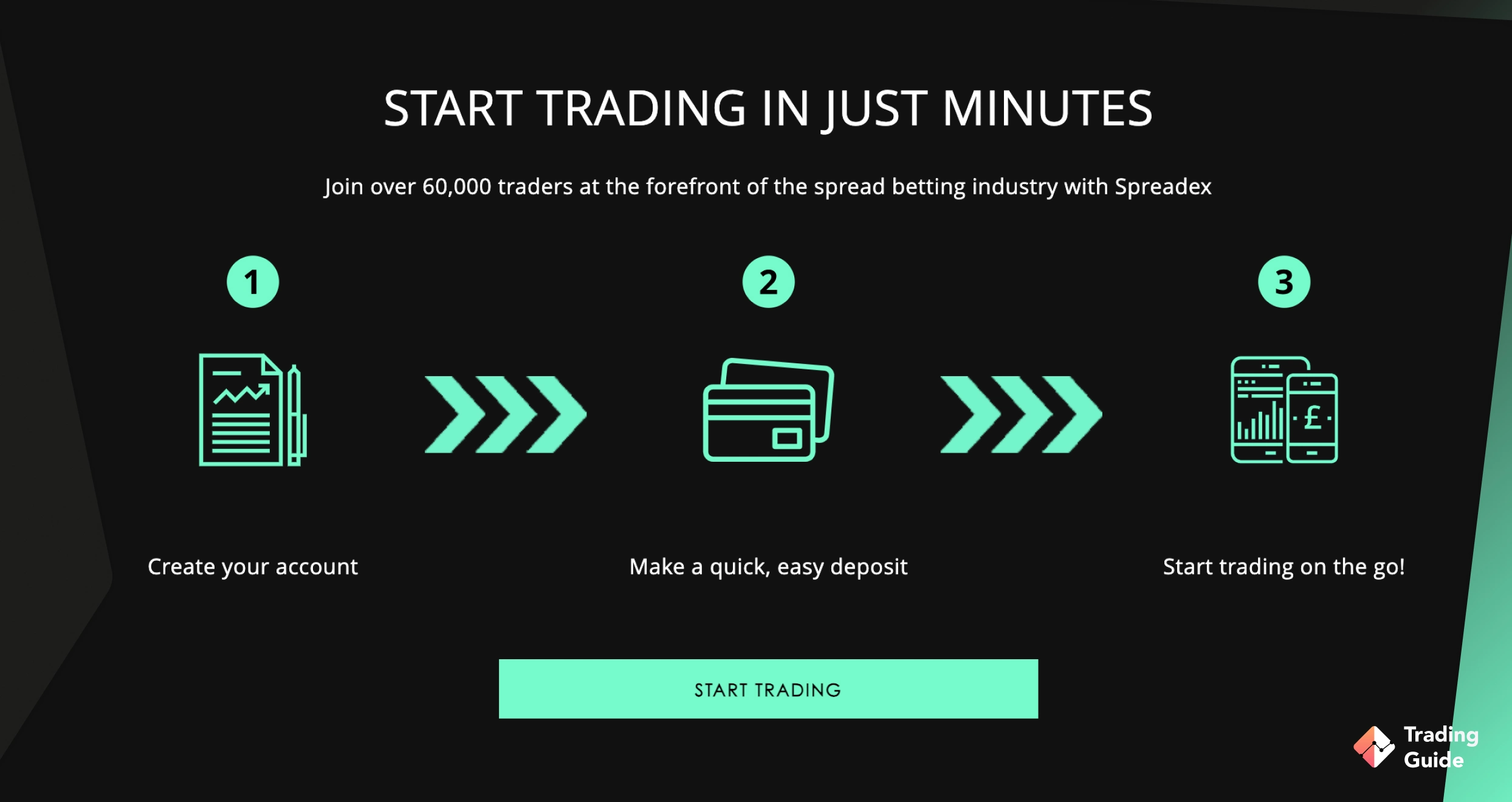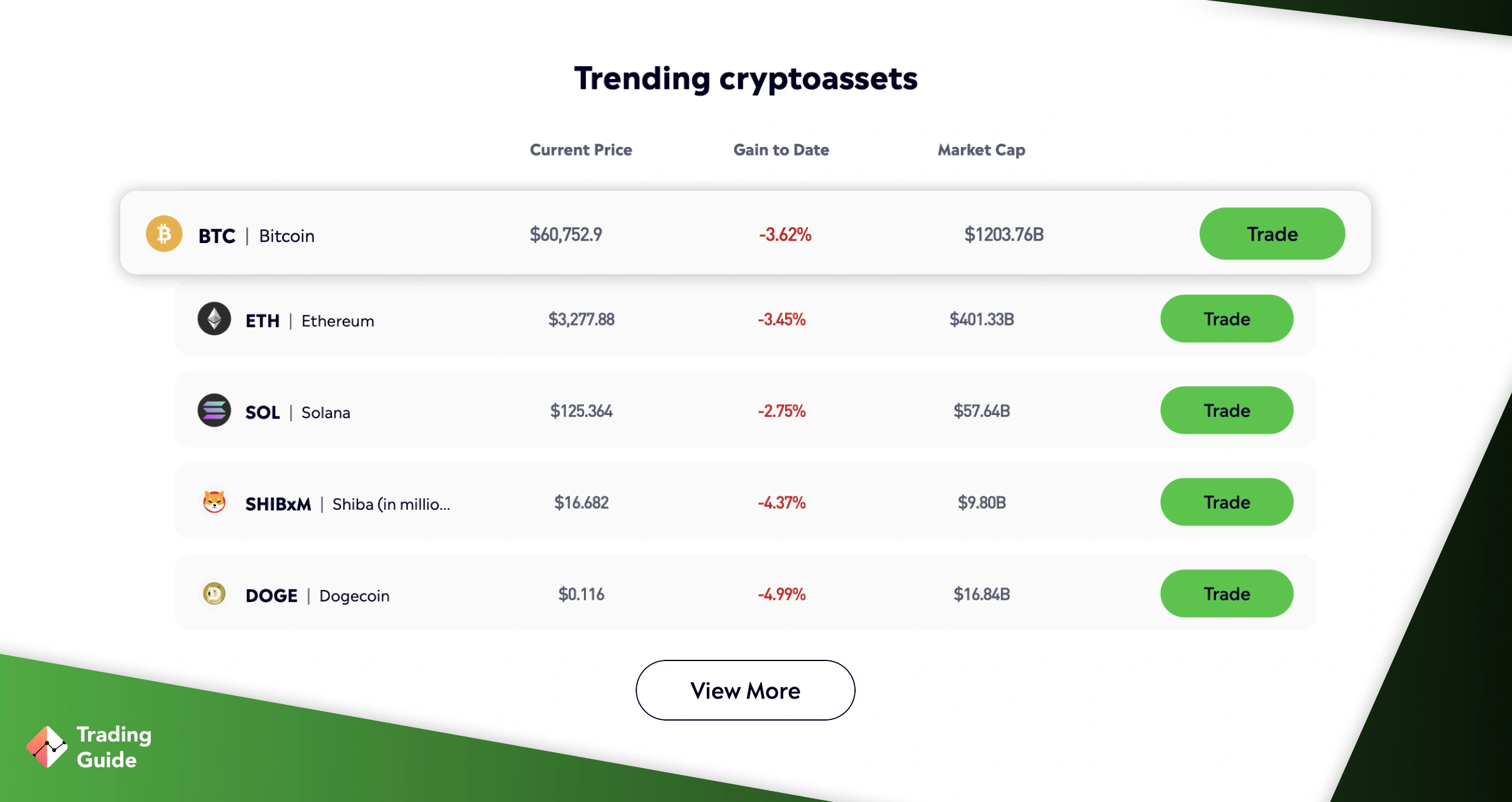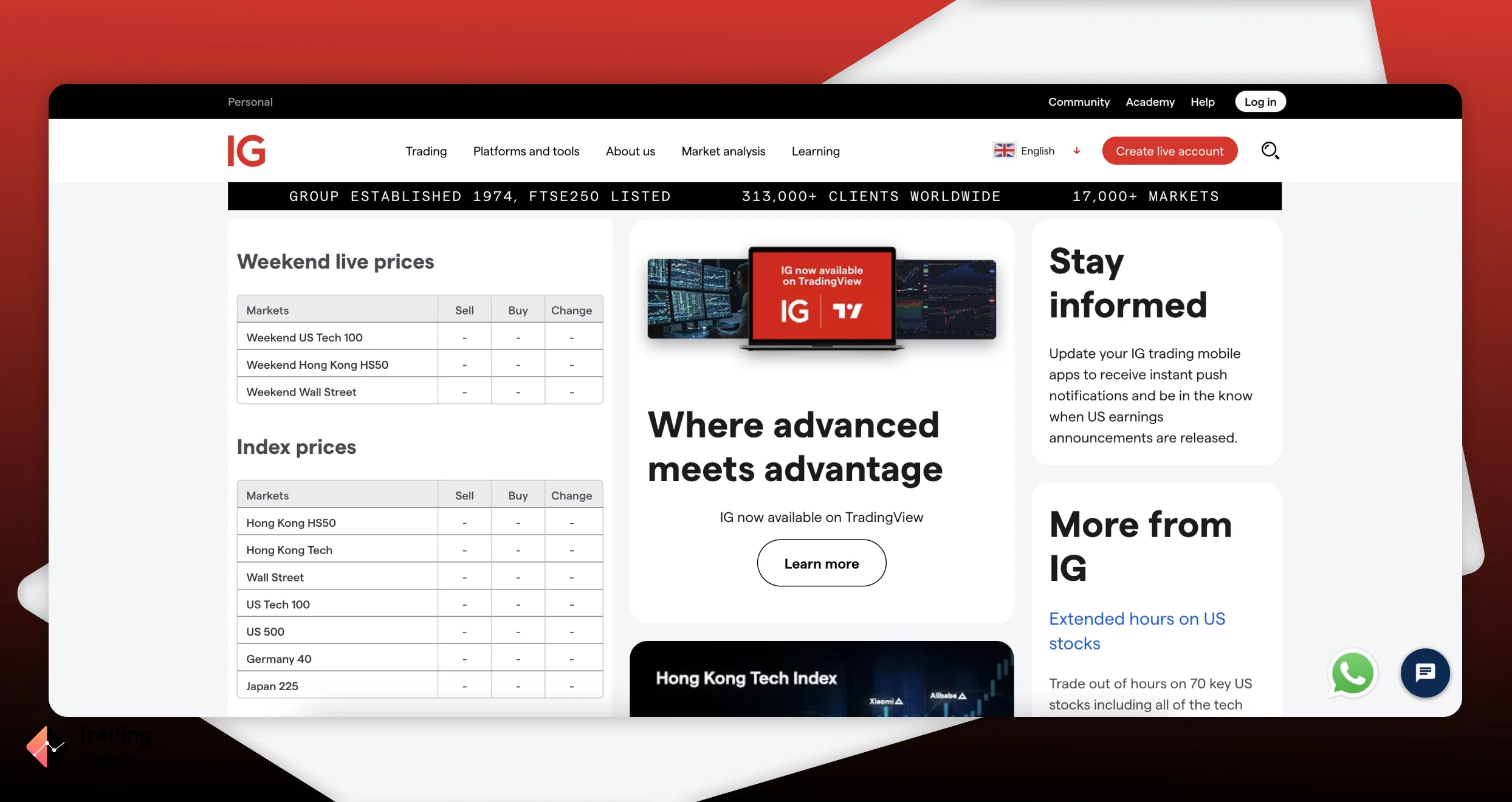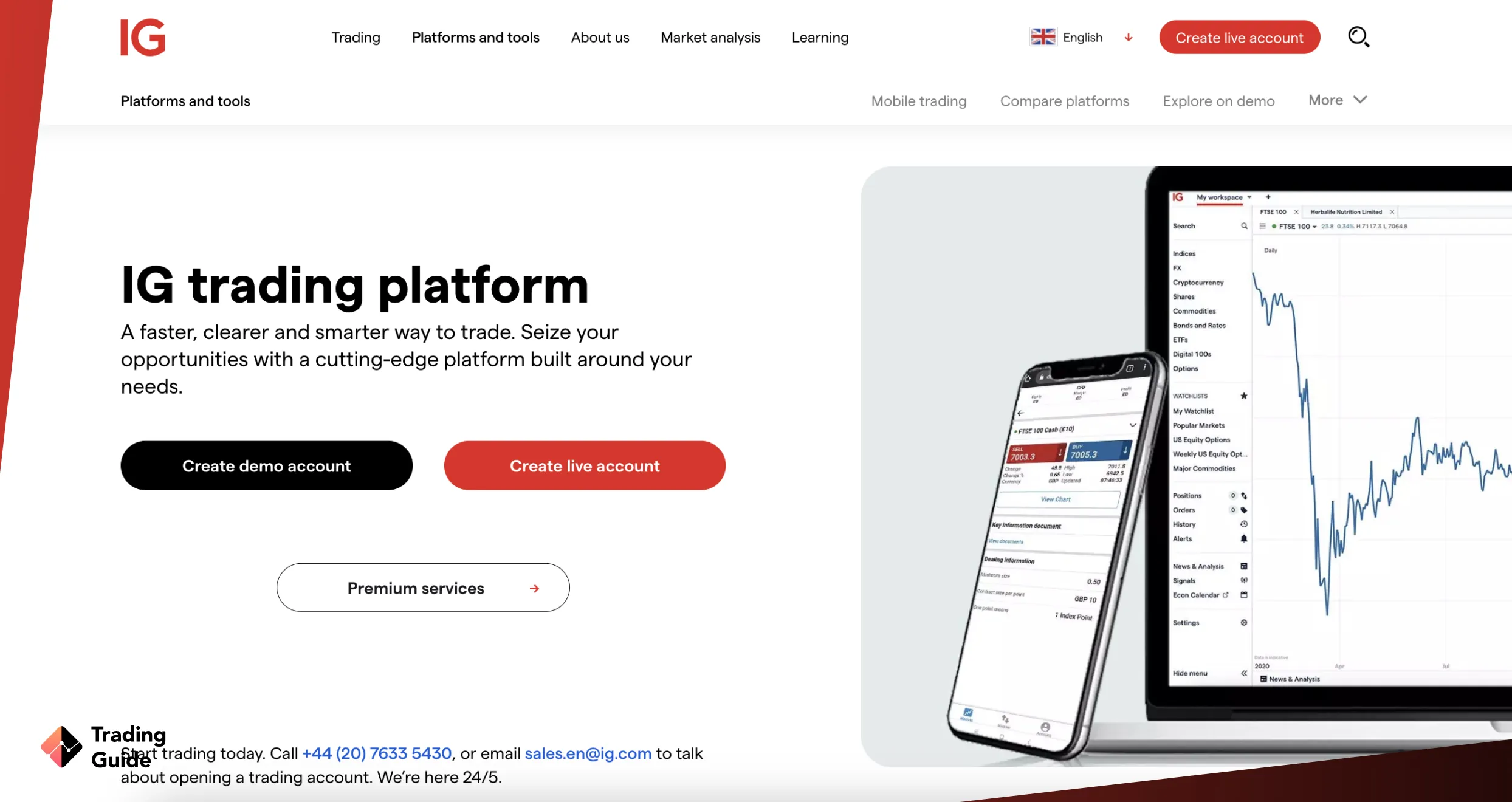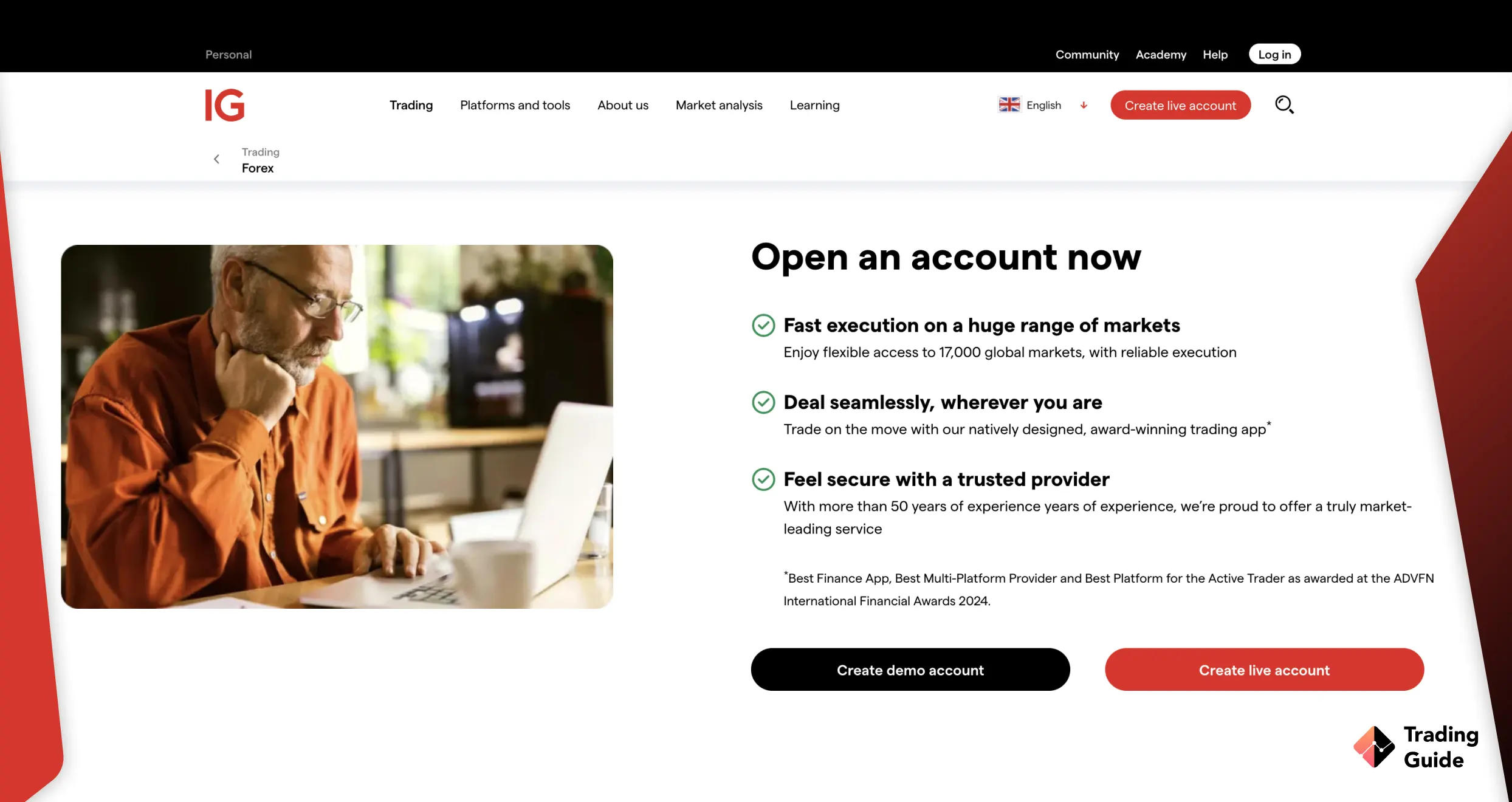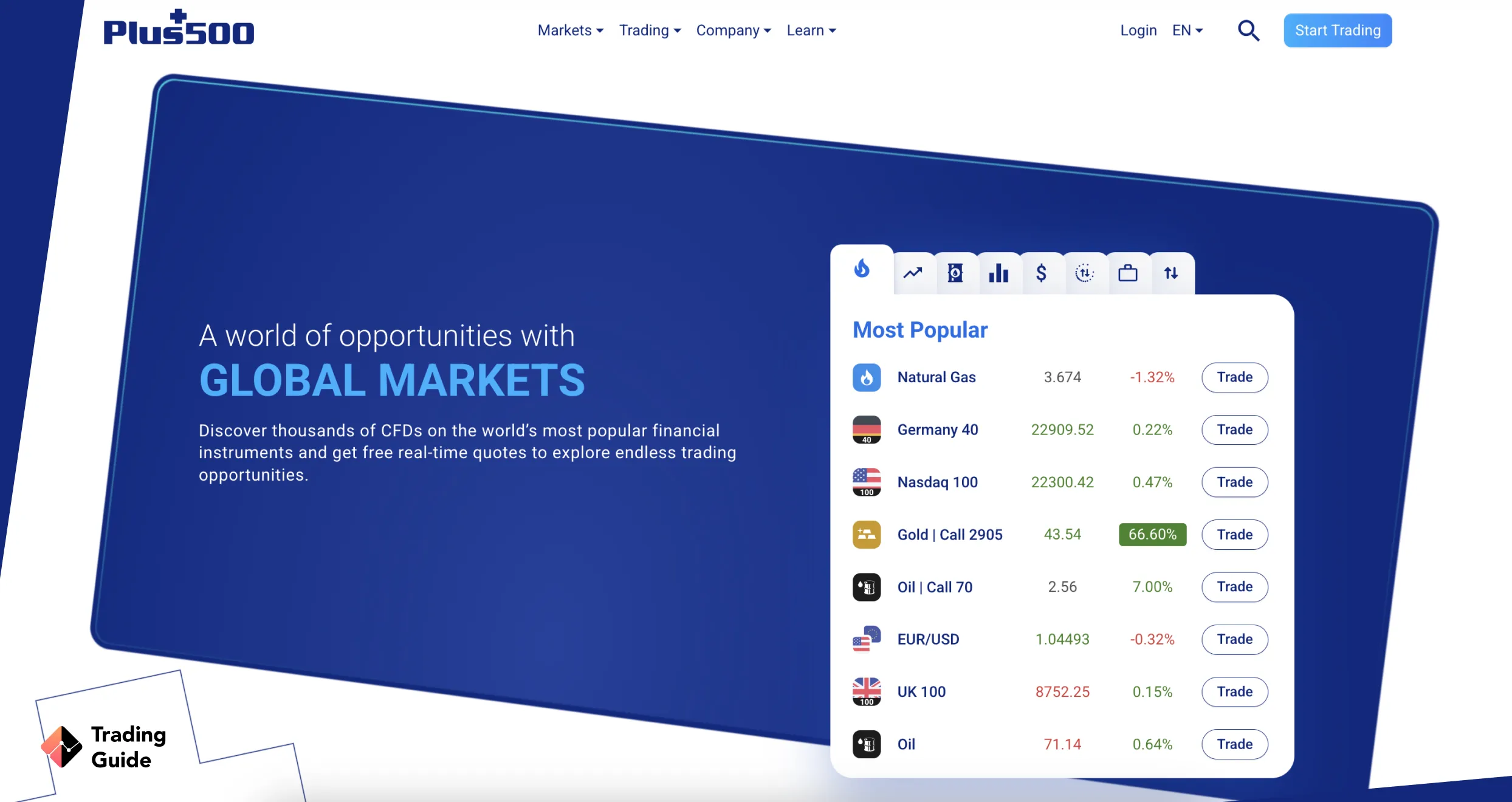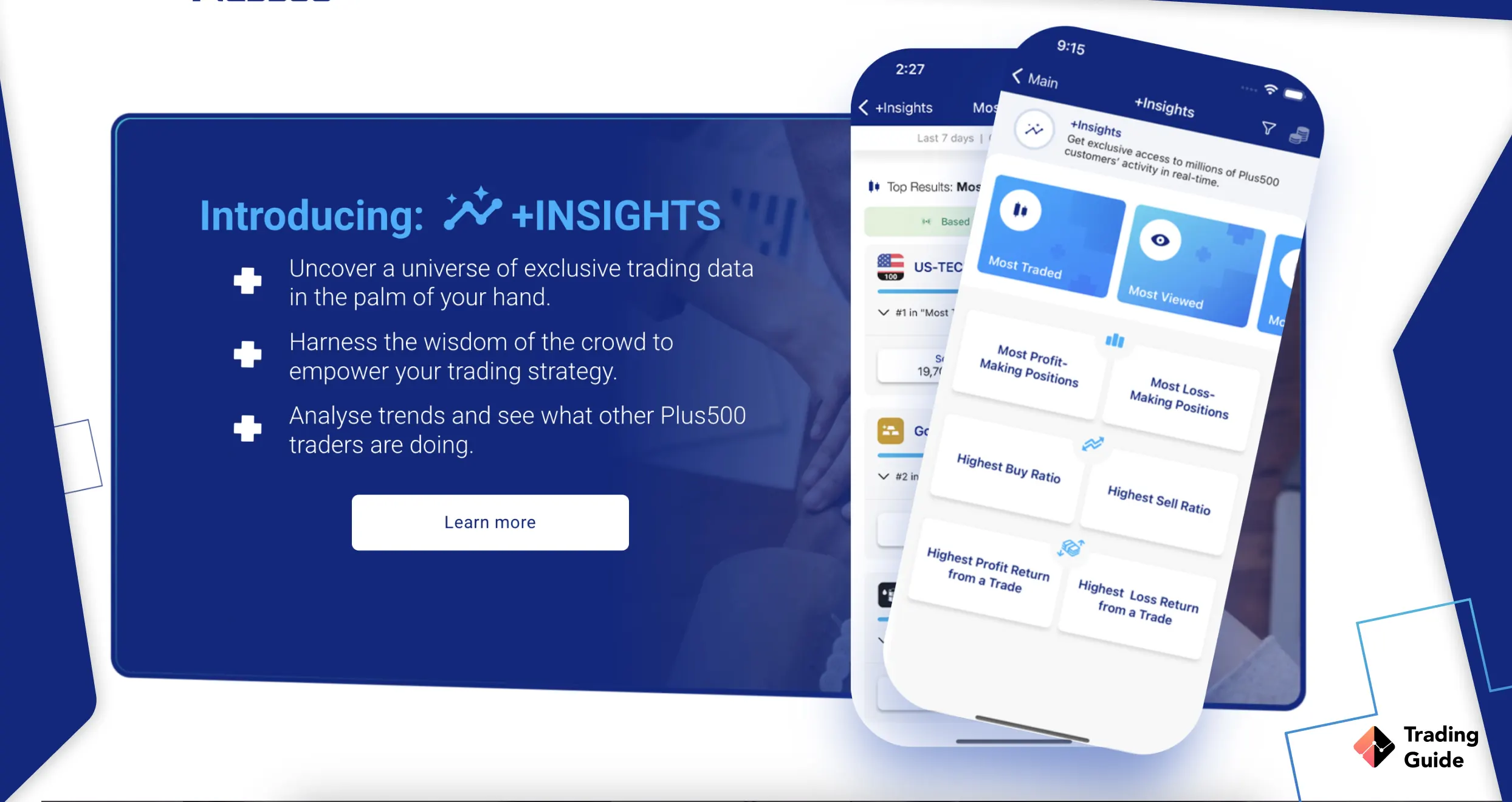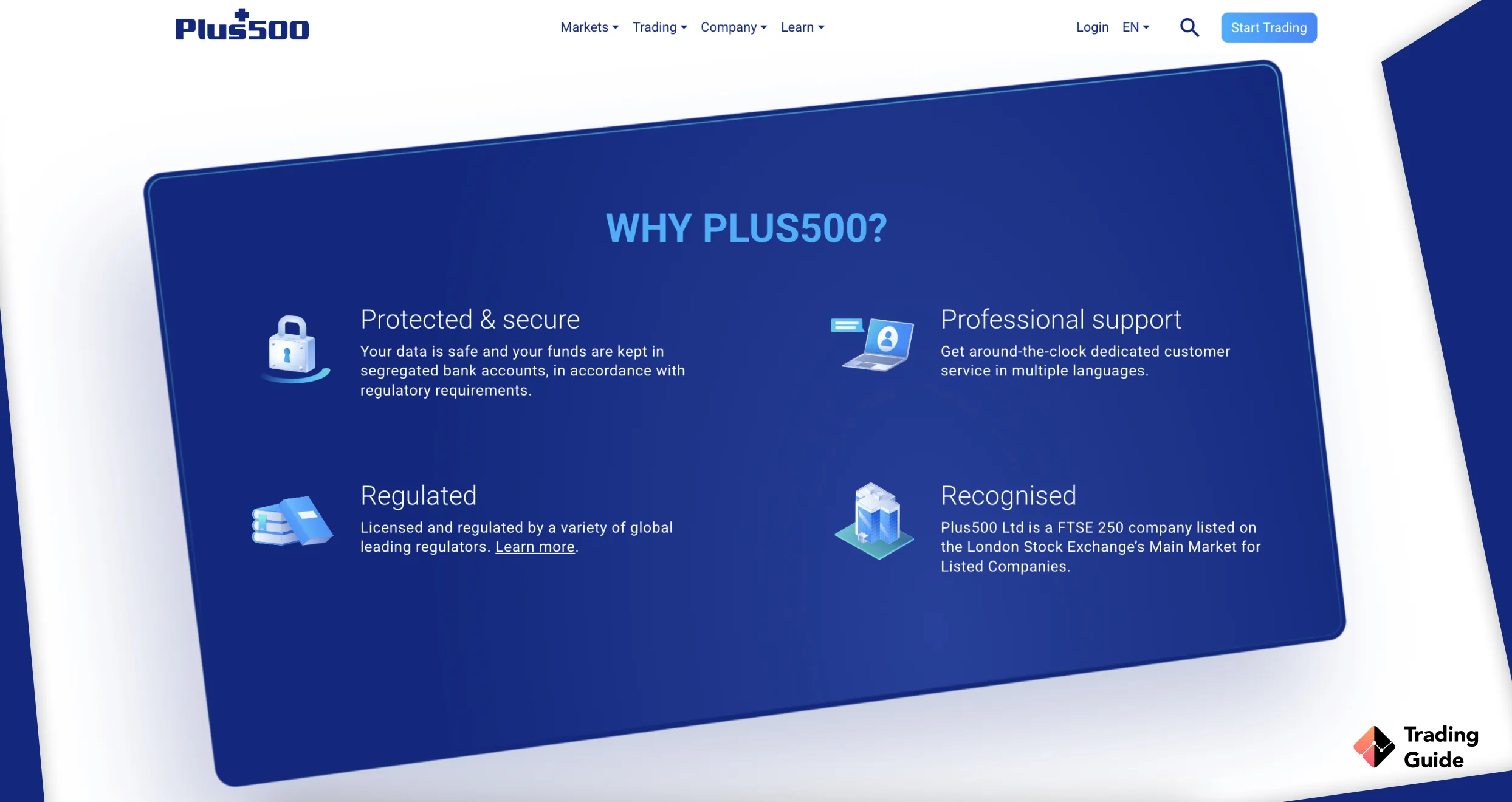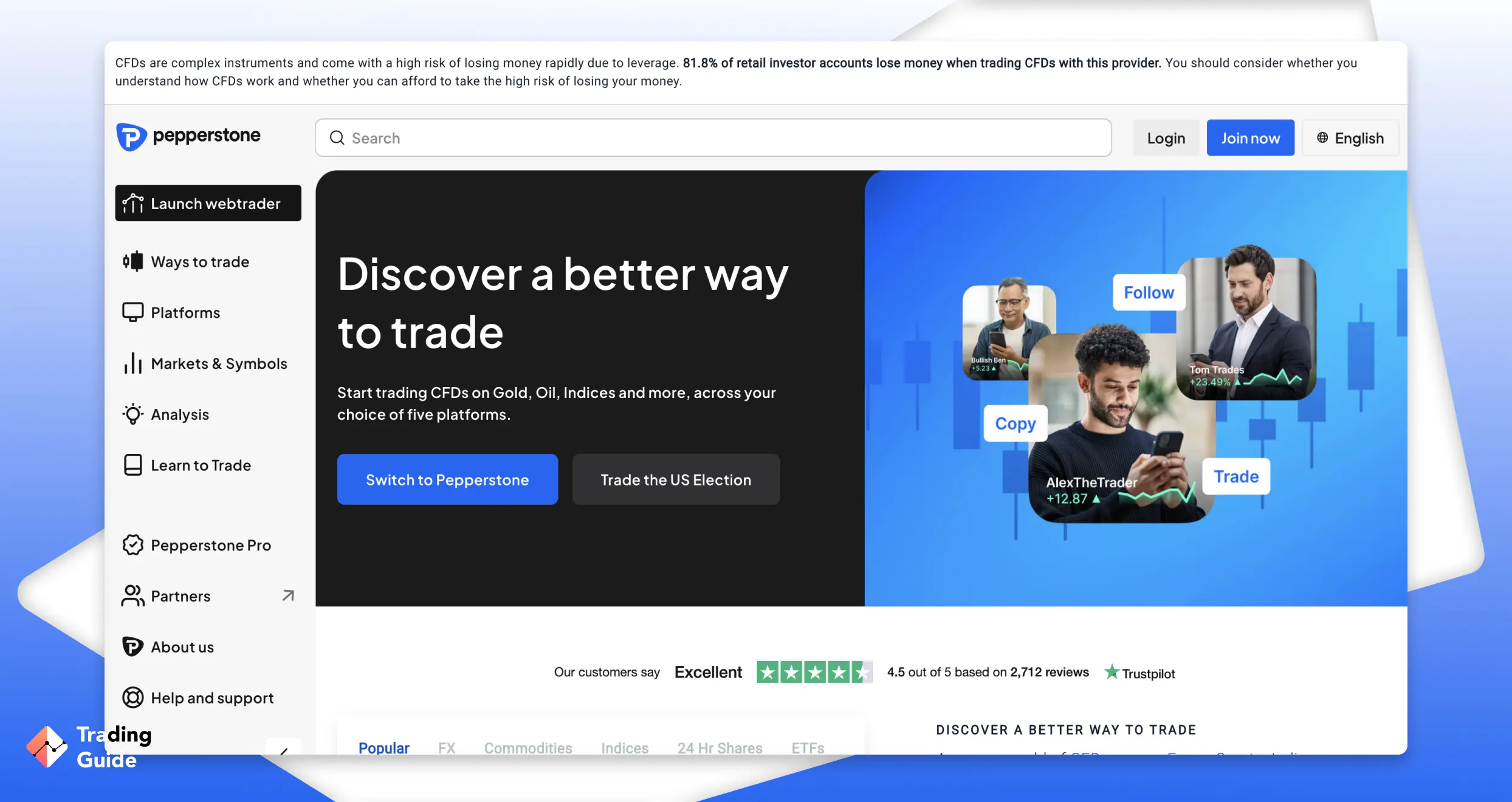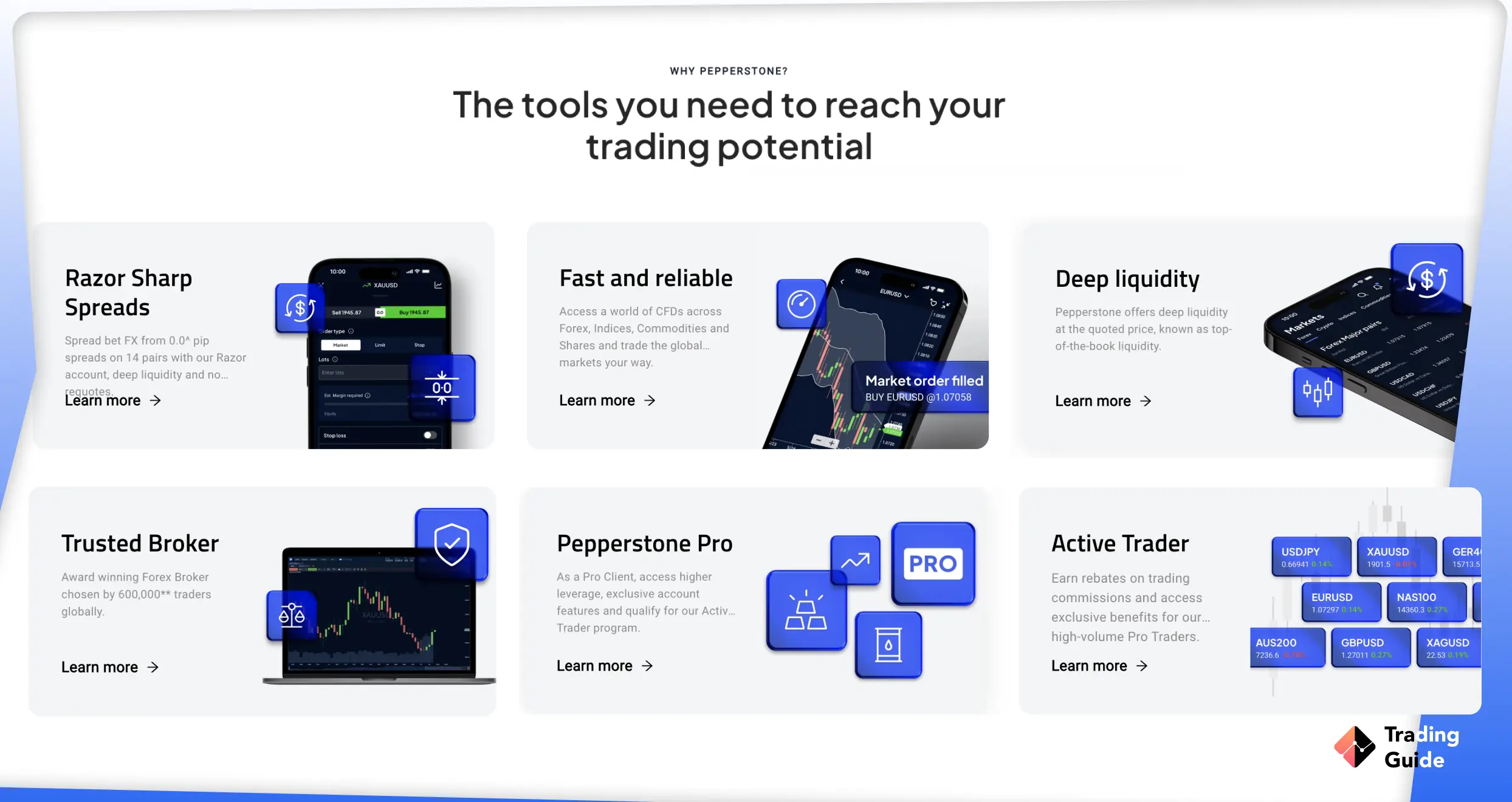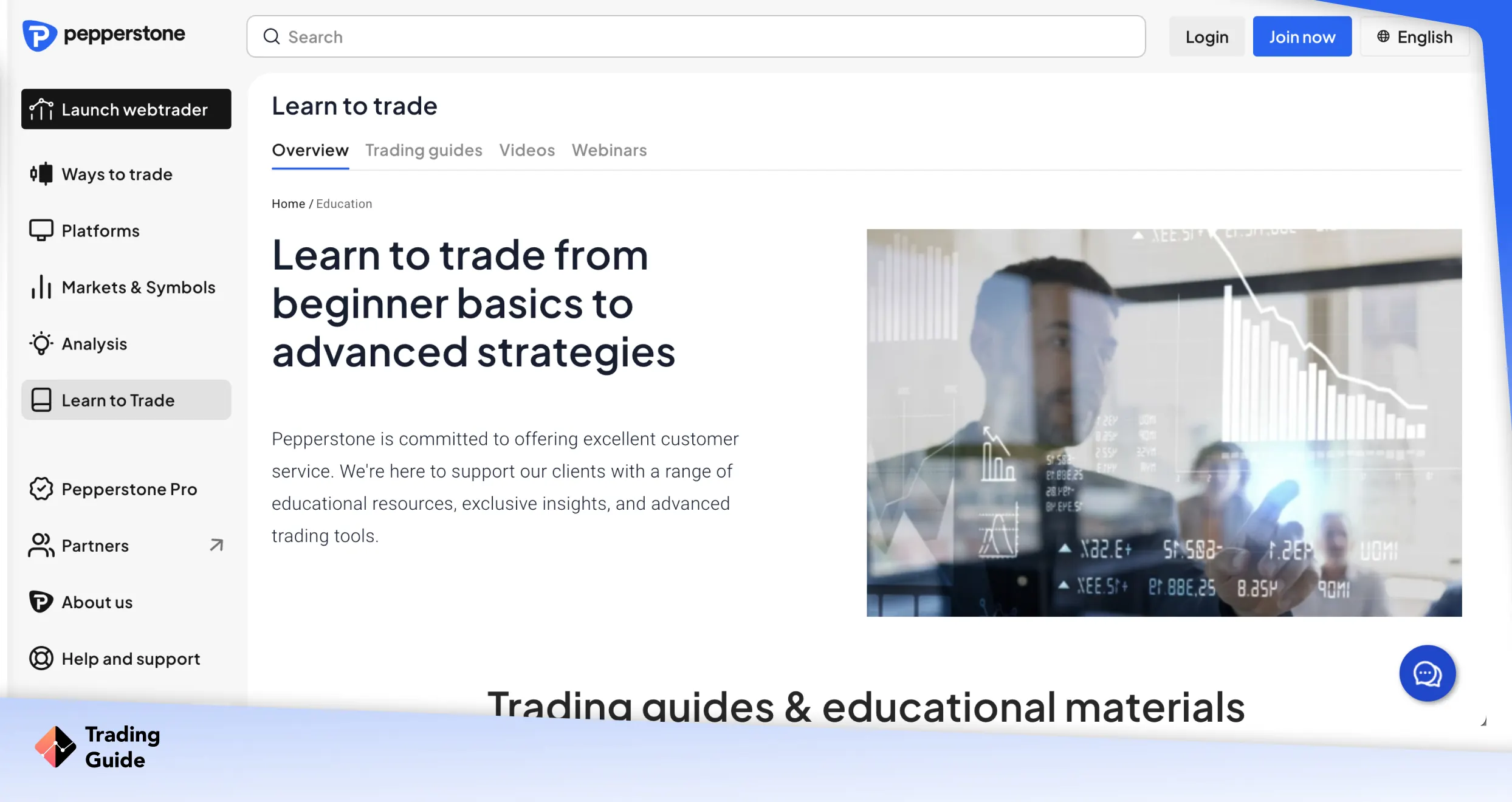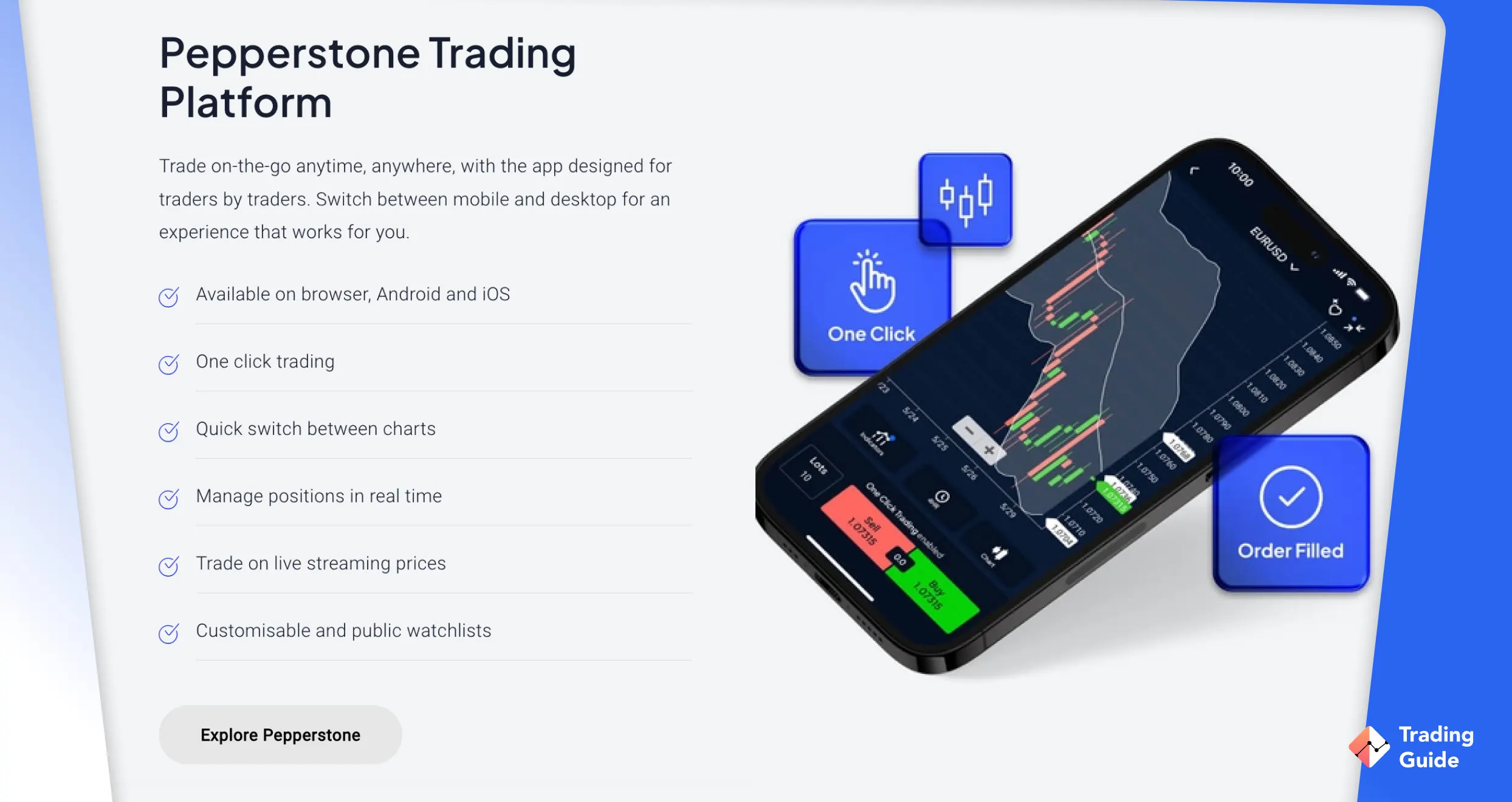CFD and spread betting are derivative forms of trading with various similarities. Besides focusing on leveraged products, the two trading methods allow you to open positions on assets’ falling or rising prices. In addition, when you spread bet or trade an asset as CFDs, you do not take complete ownership of the underlying asset but speculate on its price movements. This also means that the trading methods are free from the stamp duty that comes with purchasing and taking ownership of an asset.
However, while CFD and spread betting share a few similarities, they are different in various categories. We have prepared this table below to help you understand the difference between CFD and spread betting, thus helping you make the best decision.
In This Guide
Spread Betting vs CFD Trading
CFD Trading – Widely Available and Exciting
CFD trading continues to become popular among UK traders, especially since the method does not obligate you to take ownership of the underlying asset. However, before you start trading CFDs, it is essential to understand what it is all about to ensure you are making the best trading decisions.
What is CFD?
When dealing with CFDs, it’s vital to comprehend that employing leverage can amplify your potential losses significantly. As a trader, a profound understanding of the associated risks is paramount. Note that between 70-80% of retail investors lose money with leveraged products — a clear indication that CFD trading may not be suitable for every investor.
To mitigate the risks associated with CFD leveraged products, always assess your risk tolerance and level of trading experience before venturing into this market. Moreover, be mindful of the UK’s regulatory framework, which imposes a 1:30 leverage cap on CFDs. This limitation aims to mitigate risk but can still result in substantial losses in the event of an unexpected downturn.
A CFD, which stands for contract for difference, is a legally binding agreement or financial contract that allows CFD traders to speculate on the price movements of a financial asset without taking full ownership. CFDs are traded between the trader and the broker, and the value of the CFD is derived from the underlying asset’s price.
CFDs can be used to trade various financial instruments, including stocks, indices, commodities, currencies, and more. With this financial contract, you can profit from both rising and falling markets. You can also take leveraged positions, whereby you have an opportunity to control larger positions with smaller amounts of capital.
Pros/Сons of CFD
- CFDs are flexible, meaning they can be traded on various financial instruments, and traders can open and close positions anytime.
- You can trade CFDs with leverage, which allows you to manage larger positions with smaller amounts of capital.
- There is a vast number of leading online brokers that offer CFDs.
- You can start trading CFDs with any amount you can afford, depending on a broker.
- CFD is a risky form of trading and can leave you with massive losses.
- CFD trading involves fees, such as spreads, commissions, and overnight financing charges. Therefore, budget accordingly and find a CFD broker you can afford.
- CFD trading can be complex and not recommended to all traders, especially those with limited experience.
- Speculative trading that can limit you from various benefits such as dividend payments.
How CFD Trading Works?
CFD trading uses financial derivative contracts that mirror the prices of financial assets, including stocks, commodities, currencies, cryptos, and more. When you enter into this contract, you agree to exchange the price difference from when you open a position to when you close the same position.
For instance, if you take a buying position or buy a CFD, expect to profit when the underlying asset’s value increases. This means that if the asset’s value falls, you incur losses. The same happens if you take a sell position whereby the declining value of an asset brings about profits, and the increasing value leaves you with losses.
List of the Best Brokers to Trade CFDs
If you’re planning to start trading CFDs, your first objective is to find a reliable and licensed broker to trade with. Our team of experts has spent countless hours testing, reviewing, and auditing all UK CFD brokers and CFD trading app, and below, you can read more about the top three.
*Please note: only ever use a broker that is regulated and licensed by the Financial Conduct Authority (FCA) – the governing body tasked with safekeeping the UK financial markets.
1. Spreadex – Your Cheapest CFD Broker With Thousands of Tradeable Instruments
Spreadex stands out as a prominent CFD broker in the UK market, offering over 10,000 tradable instruments across various markets, including shares, commodities, indices, and more. With its establishment dating back to 1999, Spreadex has cultivated a strong reputation as a highly regulated broker, assuring traders of the safety of their invested capital.
Note that Spreadex doesn’t have a minimum deposit requirement thus, welcoming traders of all levels. The user-friendly and customisable trading platform caters to diverse investment preferences. Plus, the broker features advanced order types and robust charting tools on its TradingView platform for thorough market analysis. Its competitive spreads, starting from just 0.6 pips on major currency pairs, coupled with the absence of inactivity fees, position it as the preferred choice for budget-conscious traders in the UK.
Spreadex’s prowess extends beyond CFD trading, excelling in spread betting services as well. This offers traders additional flexibility and a broad range of opportunities to explore diverse trading strategies. The comprehensive suite of offerings solidifies Spreadex as a versatile, accessible, and cost-effective broker for investors in the UK market.
2. eToro – Your Copy and Social Trading Broker
eToro is the legendary online broker that made a copy and social trading a global trend. For years, eToro has paved the way for other brokers and trading platforms looking to offer copy trading.
This multi-asset broker provides access to a range of markets but the main focus is on stocks as CFDs.
Keep in mind that eToro is known for its high spread and minimum deposit level which, unfortunately, makes the broker unavailable to traders with a smaller budget.
3. IG Markets – Well-established Financial Institution
IG Markets is owned and operated by IG Group which is an FTSE 250 company with more than 40 years of experience in investments and trading. With more than 17,000 assets on offer through several platforms, this broker has something for everyone.
IG Markets is mainly a CFD and forex broker but it also provides spread betting, Direct Market Access, tools designed specifically for professional day traders, and copy trading features.
If reliable is what you’re looking for, then IG Markets is a great CFD and spread betting broker for you.
67% of retail investor accounts lose money when trading spread bets and CFDs with this provider.
4. Plus500 – A Simple Interface Aimed at Professionals
*Illustrative prices
Plus500 is an online brokerage offering a scaled-down trading platform aimed at professional traders. Through designing and developing the platform in-house, Plus500 has managed to create an incredible tool based on their customer’s preferences.
With Plus500, you can trade 2,000+ assets in several different markets including forex, stocks, and as CFDs. Over the years, Plus500 has also made a name for itself for its mobile trading platform that is constantly among the highest-rated trading apps in both Google Play and the App Store.
What’s more, Plus500 is fair in its pricing with competitive spreads across the board.
Note: 76% of retail investor accounts lose money when trading CFDs with this provider. You should consider whether you can afford to take the high risk of losing your money.
Spread Betting – Tax-Free and Similar to Sports Betting
Like CFD, spread betting has skyrocketed in the UK market. We, therefore, take you through the basics of this trading method to ensure you are fully prepared to make your first trade using a spread betting app.
What is Spread Betting?
Spread betting is a form of financial trading that allows traders to speculate on the price movements of a wide range of financial instruments without owning the underlying assets. Like CFD, spread betting is a type of derivative product, meaning that the trade’s value is derived from the underlying asset’s price.
However, the activity is considered a gambling activity, whereby traders place bets on whether the price of an underlying financial asset will rise or fall. The difference between the trade’s opening and closing prices determines your profit or loss.
Pros/Cons of Spread Betting
- Spread betting is considered a gambling activity in the UK, meaning that any profits you earn from this activity are tax-free.
- Spread betting allows traders to use leverage, whereby they get to control larger positions with smaller amounts of capital, which can maximise profits.
- Like CFD, spread betting allows you to trade various financial instruments, including stocks, indices, currencies, and commodities.
- Spread betting is a flexible activity that allows you to open and close positions anytime.
- Experience from sports betting will help you grasp the basics of spread betting on financial markets.
- Spread betting is all about taking risks, and traders can lose more than their initial capital.
- Spread betting is not supported by most brokers in the UK.
- Like any form of gambling, spread betting is risky, and you may end up addicted to the activity.
How Spread Betting Works?
When spread betting, you will open a position of a financial asset predicting whether its value will rise or fall. You will then decide how much you wish to bet per point, which is your stake. If the asset’s value rises as expected, you will earn profits by calculating your stake by the number of points the asset has moved. However, if the asset’s value falls, you will incur losses through the same calculation.
List of the Best Spread Betting Brokers
1. Spreadex – Top-Level Broker for Financial and Sports Betting
Spreadex is a broker that’s fully committed to offering the UK’s best betting services. Whether you want to bet on popular sports, political events, or financial markets, Spreadex will help you.
Spreadex’s main product is financial trading through spread betting and CFDs, and with a history that spans back to 1999, Spreadex is one of the more experienced brokers in the field.
Similar to many online brokers, Spreadex supports MetaTrader 4, MetaTrader 5, and cTrader, allowing you to pick the platform that you feel most comfortable with.
2. Pepperstone – One of the World’s Leading Spread Betting Brokers
Pepperstone is an Australian-based online broker providing a great spread betting platform. Access to MT4 and MT5 as well as a variety of automated trading tools and top-tier graphs will help you develop efficient spread betting strategies.
Spread bet currency pairs, shares, commodities, and indices and if you want to, you can make use of Pepperstone’s forex and CFD offerings as well.
As icing on the cake, Peppersone has a £0 minimum deposit allowing you to start trading with an amount that fits your budget, making Pepperstone an attractive spread betting broker for beginners.
To find out more about best spread betting platforms in the UK or best brokers for beginners UK read our other guides.
CFD Trading vs. Spread Betting

As explained, many factors are shared between spread betting and CFD trading. And even though there are some differences between the two methods, it’s hard to compare them with each other, at least in terms of which method is the best.
Generally, CFDs are offered on more instruments than spread betting, meaning that you will have many more options to trade. At the same time, spread betting is tax-free in the UK which will help you save quite a lot of your profits that the government would otherwise claim.
We also want to clarify that many traders combine CFD trading with spread betting to make the most out of every opportunity.
The point we’re trying to make is that, in the end, it is up to you to pick the method that you think will suit you the best. And if you’re new to trading, we suggest that you open a demo account with any of our recommended brokers and take it for a spin. That way you can quickly get a grip of which form of trading is right for you: spread betting or CFDs.
| CFD | Spread Betting |
|---|---|
| Profits are subjected to capital gains tax | Free from capital gains tax |
| Available for global traders depending on your jurisdiction | Restricted for UK and Ireland traders only |
| You incur commissions and spreads depending on the account you are using | Only spreads to incur. No commission |
| Available on individual accounts only | Available on individual and corporate accounts |
| Considered a betting activity on financial instruments | A derivative trading method that allows you to deal on financial assets’ prices derived from the underlying market and not the market itself |
Example of a Trade Using Both Products
Example 1
Let’s consider a hypothetical scenario where an investor is interested in trading Apple stock. The investor has researched Apple and believes the stock price will increase in the coming weeks. However, they don’t want to invest much capital in buying Apple shares directly. Instead, they opt for a combination of CFD and spread betting products.
The first step in this trade is to open a CFD position on Apple stock. Here, the investor buys a CFD on Apple stock at the current market price of £150 per share. They invest £1,500 in the CFD, which allows them to control 10 shares of Apple.
A few days later, the investor’s prediction comes true, and Apple stock prices increase to £160 per share. At this point, the investor decides to close their CFD position and make a profit. The profit is calculated by subtracting the opening price of £150 from the closing price of £160, resulting in a £10 per share profit. As the investor had invested in 10 shares, the total profit from the CFD trade is $100.
Example 2
In the spread betting case, the investor will place a spread bet on the Apple stock price, betting that the price will continue to rise. Using the current price of £150 above, your broker might offer you a sell price of £148 and a buy price of £152. In this case, your spread is 4 points (152-148). If you decide to open a buy position or go long at £5 per point, you will make a deposit of £760 (5×152) to open a position.
If the value of Apple stock rises from £152 to £164 buying price and £148 to £162 selling price, an investor might decide to close their position. In this case, you will have bought the asset at £152 and sold it at £162, leaving you with a profit of 10 points multiplied by £5 of your stake.
Profit = 10 x £5 = £50
FAQs
No. This question has no straightforward answer, as both spread betting and CFDs have advantages and disadvantages. This means that your decision on whether to spread bet or open a CFD position will depend on how familiar you are with a trading method and your ability to withstand the risks that come with it.
In the UK, spread betting is considered gambling, and therefore, it is exempt from capital gains tax and stamp duty. However, it is essential to note that this tax exemption only applies to individuals who engage in spread betting activities as a hobby rather than as a full-time job or profession.
Absolutely. Spread betting is a profitable activity that allows traders to speculate on the price movements of various financial instruments, including stocks, indices, currencies, and commodities, without owning the underlying asset. You can profit by correctly predicting the direction of a financial asset’s price movement, but remember, losses are also inevitable, especially with incorrect predictions.
No. Spread betting and day trading different trading methods. Day trading refers to buying and selling financial instruments on the same day. At the same time, spread betting is a type of financial product that allows traders to place bets on the price movements of an asset without owning the underlying asset.
No. CFD trading is not the same as gambling but involves risks. With CFDs, you get to speculate on the price movements of financial assets without owning the underlying asset. This is so that you can profit by correctly predicting the direction of their price movement. Unlike gambling, CFD trading involves market analysis, strategy development, and risk management.
Yes. CFD trading can be a good option for traders looking for flexibility and leverage. Besides taking short-term positions, you can use CFDs to hedge against existing investments to mitigate massive losses. Remember, CFD is highly risky, so only enter one if you are fully confident in your skills and familiar with the financial asset you plan to trade.
Conclusion
Overall, using CFD and spread betting products can be an effective way to trade in the financial markets. It allows you to take advantage of price movements without owning the underlying asset and provides flexibility regarding position sizing and risk management.
However, note that these derivative trading methods are highly risky. Therefore, always have a solid plan and strategy before undertaking them. Also, apply risk management controls such as take-profit and stop-loss orders to mitigate massive losses in case a trade doesn’t turn out as expected.





